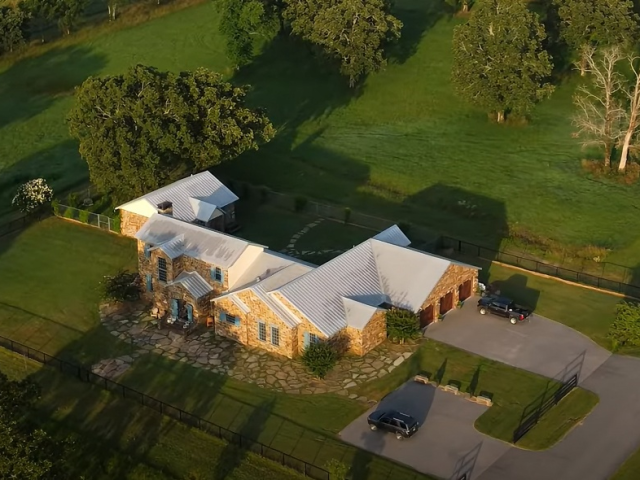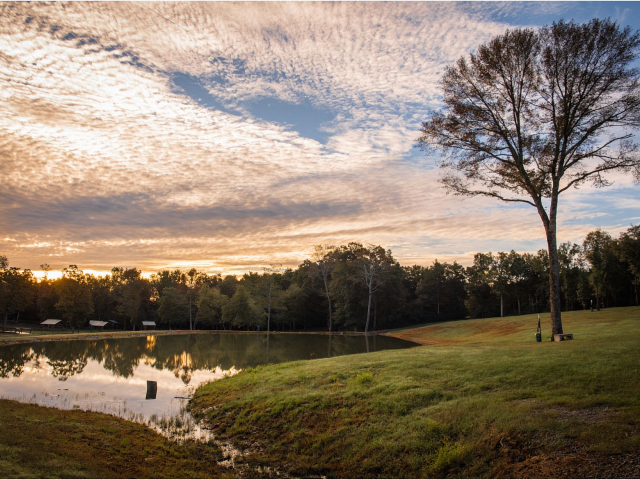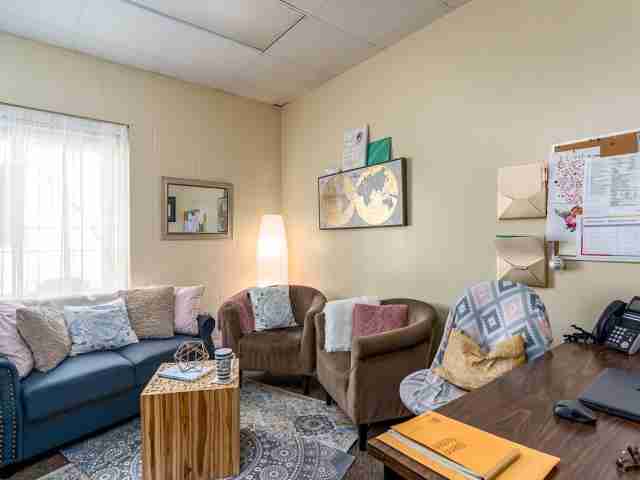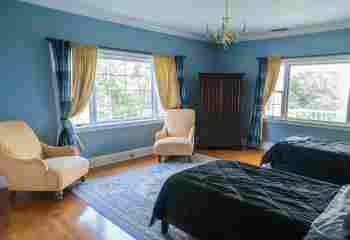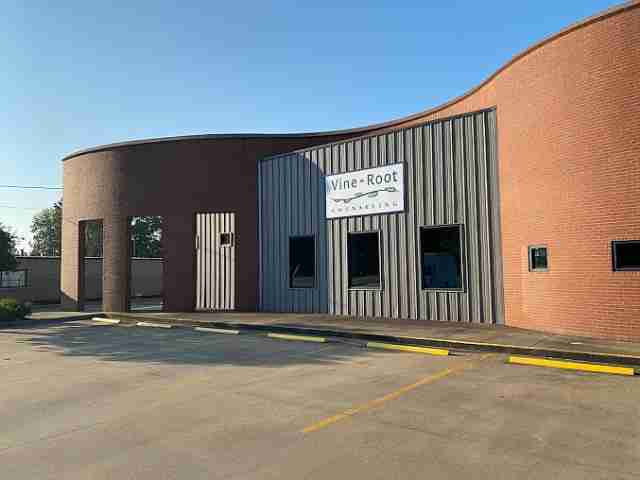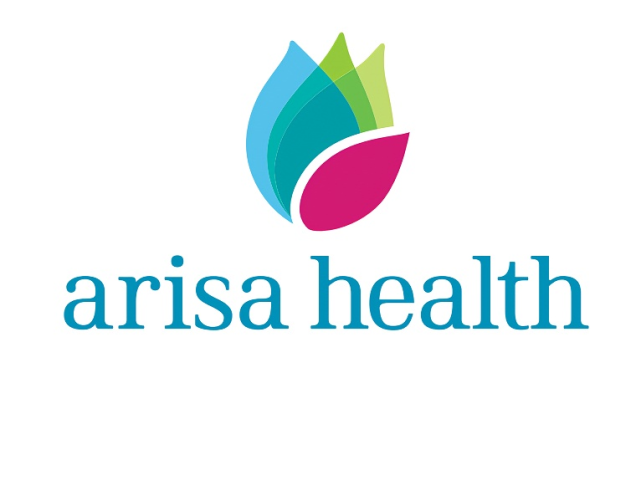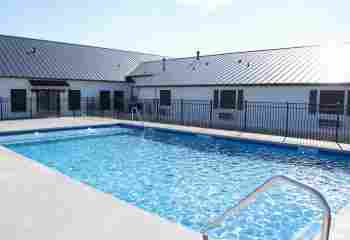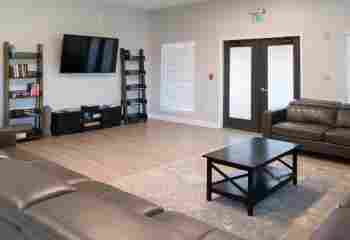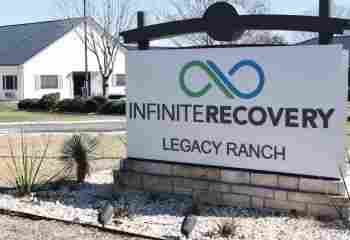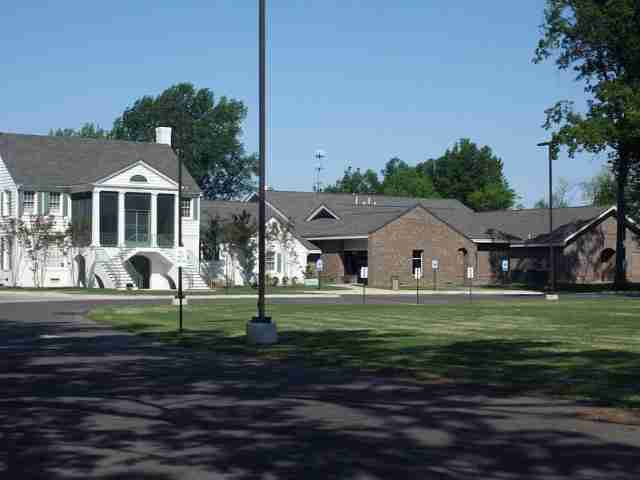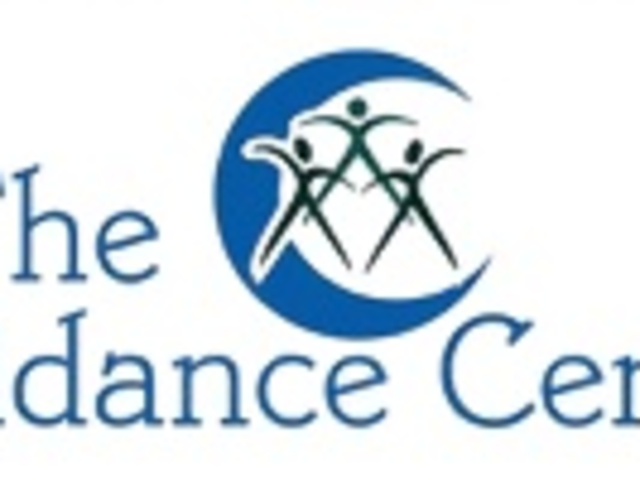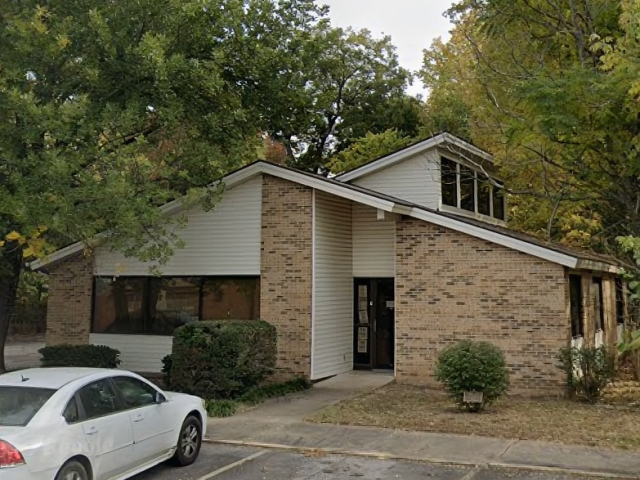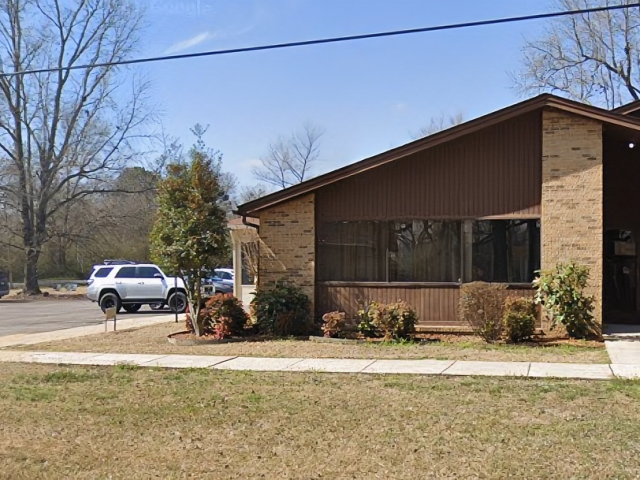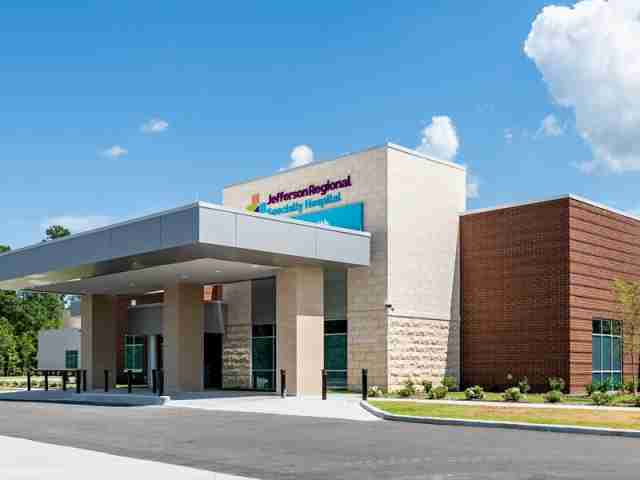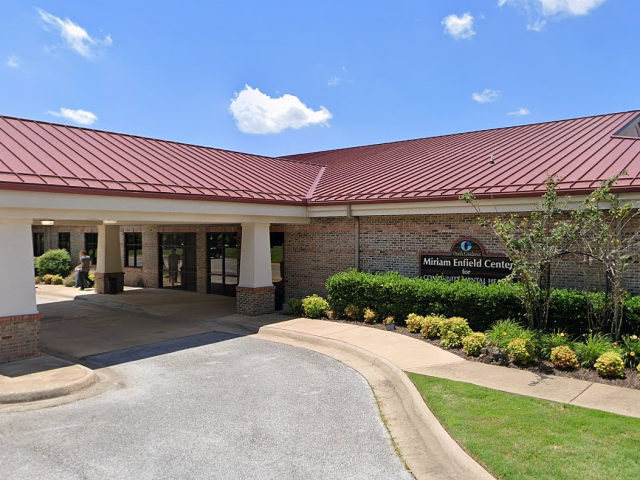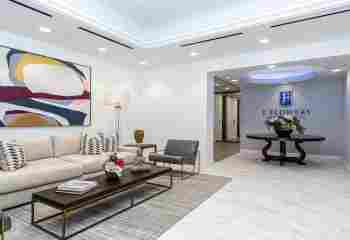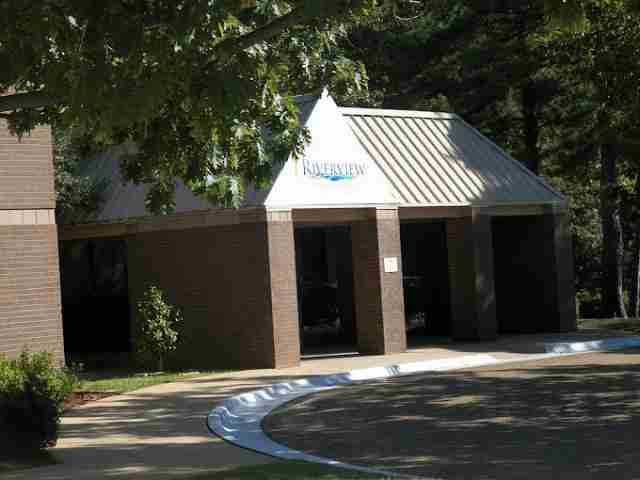More About Depression & Mental Health Treatment Centers
Depression is the leading cause of disability worldwide, affecting more than 300 million people (WHO). Depression is not just sadness. Although it includes feelings of sadness and loss, depression also causes a loss of interest in activities and decreased ability to function. It can even lead to suicide.
The types of depression include clinical depression, persistent depressive disorder (or major depressive disorder), postpartum depression, and bipolar disorder.
Although depression doesn’t have an instant cure, it is treatable. People find relief from their symptoms through different treatment approaches. Some treatment plans use a combination of therapy, exercise, nutrition, and medication.
Is Depression a Chronic Condition?
Treatment for depression can reduce symptoms to no longer meet diagnosis requirements. Chronic depression (also called persistent depression or dysthymia) has severe symptoms lasting at least 2 years.
Depression can go into remission and recur throughout your life. But recurrences can be treated efficiently and quickly.
What Is a Chronic Mental Illness Treatment Program?
Chronic mental illness rehab facilities address the complex needs of patients struggling with both SUD and co-occurring chronic mental health conditions, such as anxiety, bipolar disorder, or depression.(1) These programs vary by facility but generally offer integrated treatment that addresses both SUD and mental illness.(1) Integrated treatment is generally considered superior to treatment that addresses each disorder separately.(2) This is because each condition can influence the other; co-occurring disorders are complex and can lead to poorer outcomes, especially if left untreated.(2) If you’re struggling with a co-occurring disorder, you’re not alone. According to the 2023 National Survey on Drug Use and Health, around 20.4 million American adults had a co-occurring disorder in the past year(3). Chronic mental illness treatment programs can help people stop using substances, treat mental illness, and pave the way for recovery from both disorders.
What Happens During a Depression Treatment Program?
Before a patient starts treatment at a chronic mental illness alcohol rehab or drug rehab, they will undergo a thorough evaluation with a team of addiction specialists to create an individualized treatment plan(4). A patient’s treatment plan may involve levels of care, services, and treatments depending on their needs(2). Levels of care that may be involved in chronic mental illness treatment include:
- Medical detox: While not always necessary, medical detox can sometimes be the first step in recovery, especially for patients at risk of experiencing serious withdrawal symptoms. Medical detox provides medical supervision and, in some cases, medication, to help patients undergo withdrawal as comfortably and safely as possible(4). This may take place in an inpatient or outpatient detox setting(2).
- Inpatient addiction treatment: This involves living onsite at a facility. Inpatient rehab offers structured treatment to patients so they can focus on recovery. It is typically best suited for patients with severe SUD or co-occurring disorders, such as chronic mental illness(4).
- Outpatient drug and alcohol rehab programs: This involves living at home or in a type of sober housing and attending treatment at a facility on a regular schedule(4). Patients participate in different behavioral therapies and receive ongoing monitoring and support(4).
- Intensive outpatient addiction treatment programs: These are more supportive outpatient settings that provide 9 to 20 hours of weekly treatment programming. This can benefit patients who need a higher level of care but may not require inpatient treatment(4).
- Partial hospitalization programs for addiction: Also known as high-intensity outpatient programs (HIOP), these are highly structured, supportive outpatient programs that offer 20 or more hours of treatment a week, making them ideal for patients with more severe co-occurring conditions who may not require inpatient treatment(5).
Treatment Approaches for Depression
What happens in chronic mental illness rehab? Treatment looks different for everyone, but patients will typically participate in various behavioral therapies, some of which are common to all forms of SUD treatment. Therapies used in addiction treatment can include:
- Assertive community treatment: This is a specific treatment modality often used for people with co-occurring disorders and provides a comprehensive set of interventions, including engagement and outreach strategies(1).
- Cognitive behavioral therapy (CBT): This is designed to help patients identify and modify unhelpful behaviors and thoughts and develop more appropriate coping skills to resume healthier, substance-free lives(2).
- Dialectical behavior therapy (DBT): This can help reduce self-harming behaviors in patients with severe mental illness(6).
- Motivational interviewing (MI): This encourages patients to find and maintain their internal motivation to make positive life changes(2).
- EMDR therapy: This is a type of trauma processing therapy that helps patients integrate and work through trauma and addiction(7).
- Group therapy: This involves participating in a group with others who are also in recovery from co-occurring disorders, where patients can learn and practice new skills, gain support, and share experiences(1).
Depending on the substance a person uses and their specific condition, they may also receive medications for addiction treatment, as well as medication to treat the mental illness(2).
What Happens After Completing a Chronic Mental Illness Treatment Program?
After a patient completes a chronic mental illness rehab, participating in some form of aftercare, also known as continuing care, can help monitor their progress, receive ongoing support, and address relapse, should it occur(1). This can involve one or more forms of care, such as(1,4):
- Mutual support groups, such as Alcoholics Anonymous (AA), Narcotics Anonymous (NA), or Double Trouble in Recovery, a support group specifically designed for those in recovery from co-occurring disorders.
- Individual or group counseling.
- Relapse prevention groups.
- Mental health services, like medication checks.
- Sober living, which are structured, supportive recovery residences that help people with co-occurring disorders as they transition back to their daily lives after treatment.
Does Health Insurance Cover Chronic Mental Illness Addiction Treatment Programs?
Health insurance should provide some level of coverage for treatment at chronic mental illness addiction rehab programs. Substance use and mental health treatment are considered essential health benefits (EHBs) under the Affordable Care Act (ACA), which means that Marketplace insurance providers are required to cover these services(8).
Can I Use The Family and Medical Leave Act (FMLA) for Depression Treatment in The U.S.?
If you’ve been clinically diagnosed with depression, then you can receive Family and Medical Leave Act support. The FMLA ensures that you do not lose your job when taking necessary time (up to 12 weeks) off to heal from a serious health condition. This act also guarantees that you retain the same terms of employment that you originally had for your job.
What’s provided in your FMLA may vary and has requirements for eligibility. Talk with your Human Resources (HR) department at work or look online for more information on FMLAs.
Questions to ask your provider:
Keeping a few questions in mind can help you navigate the beginnings of treatment and make it simpler to choose a provider.
- How would you describe the symptoms I'm experiencing?
- What treatments do you recommend for depression?
- What should I expect from treatment?
- What kind of side effects can I expect from the medications you prescribe, if any?
- Are there any lifestyle changes I should make to help manage my depression?
- Are there any support groups or other resources I can use to help manage my depression?
- What kind of follow-up care do you recommend?
- How can I tell if my depression is getting worse?
- What should I do if my symptoms don’t improve?
- Are there any other mental health conditions I should be aware of?
How Can I Find Support?
- Treatment Centers for Depression
- Telehealth Provider
- Talk to a supportive friend or family member
- Talk to your primary care physician
Sources
- Substance Abuse and Mental Health Services Administration. (2020). Substance use disorder treatment for people with co-occurring disorders. Treatment improvement protocol (tip) series, no. 42. SAMHSA publication no. PEP20-02-01-004. Rockville, MD: Substance Abuse and Mental Health Services Administration.
- National Institute on Drug Abuse. (2014). Principles of drug addiction treatment: a research-based guide (third edition).
- Substance Abuse and Mental Health Services Administration. (2024). Key substance use and mental health indicators in the United States: Results from the 2023 National Survey on Drug Use and Health (HHS Publication No. PEP24-07-021, NSDUH Series H-59). Center for Behavioral Health Statistics and Quality, Substance Abuse and Mental Health Services Administration.
- Center for Substance Abuse Treatment. (2014). What is substance abuse treatment? A booklet for families. HHS Publication No. (SMA) 14-4126. Rockville, MD: Substance Abuse and Mental Health Services Administration.
- Medicaid Innovation Accelerator Program. (2017). Overview of substance use disorder (SUD) care clinical guidelines: a resource for states developing SUD delivery system reform.
- Flynn, D., Joyce, M., Spillane, A., Wrigley, C., Corcoran, P., Hayes, A…& Mooney, B. (2019). Does an adapted Dialectical Behaviour Therapy skills training programme result in positive outcomes for participants with a dual diagnosis? A mixed methods study. Addiction science & clinical practice, 14(1), 28.
- Carletto, S., Oliva, F., Barnato, M., Antonelli, T., Cardia, A., Mazzaferro, P…& Pagani, M. (2018). EMDR as add-on treatment for psychiatric and traumatic symptoms in patients with substance use disorder. Frontiers in psychology, 8, 2333.
- HealthCare.gov. (n.d.). Mental health & substance abuse coverage.












